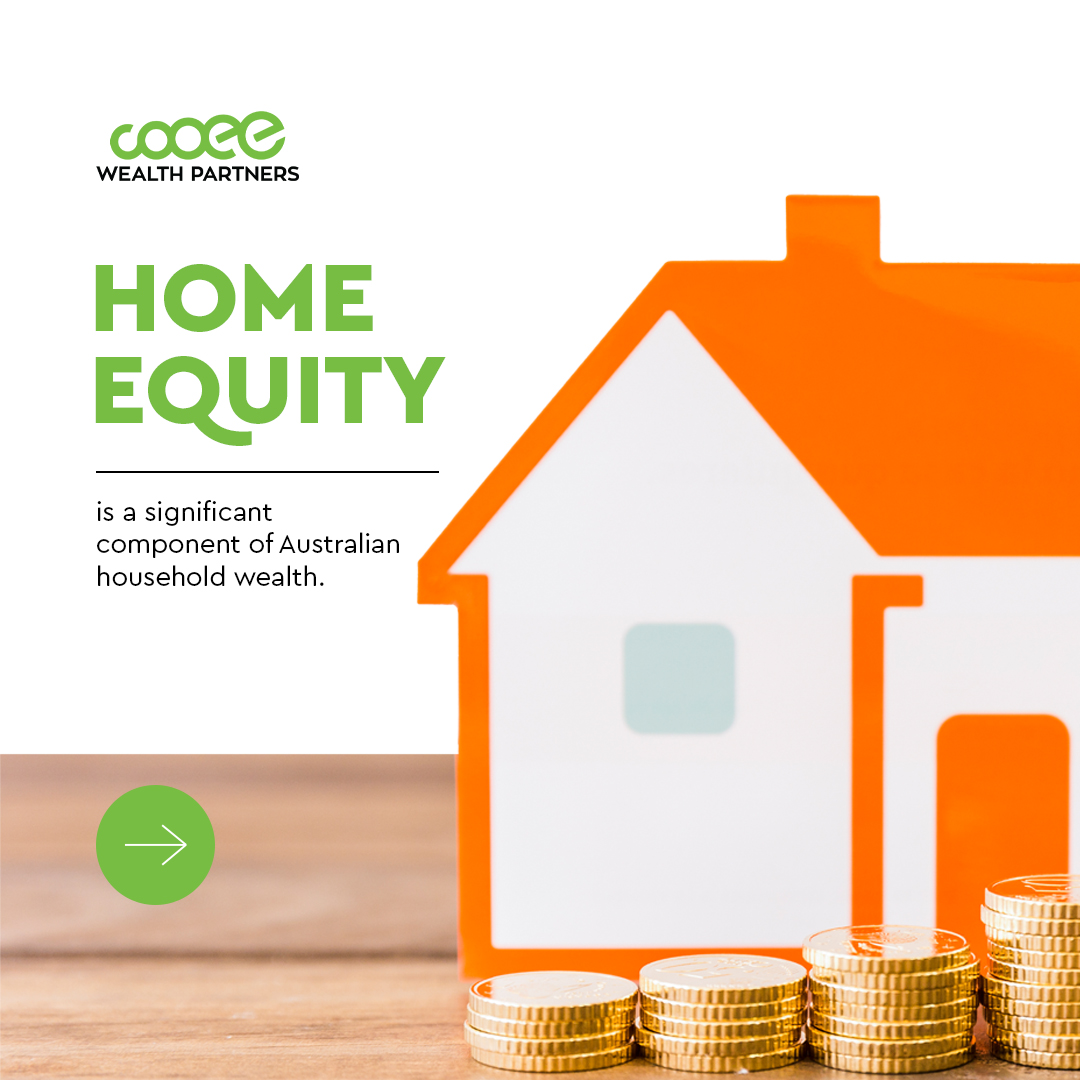
Debt. Most of us have it. But what is good debt versus bad debt, and is there even such a thing as good debt? Regardless, it can feel as though debt is the only way to grow net worth and build a successful financial future. But how true is this notion, and are there other options? It’s true, building on a deposit for an investment property can be hard work. In most cases, interested investors are already paying off existing home loans, as well as balancing the usual living costs. It can put a strain on any attempt to save a substantial amount of money. This is exactly why more Australians are exploring alternative options rather than squirrelling and saving. Using the existing equity in your home to borrow is one way to buy an investment property or upgrade your principal place of residence. It is also the most popular option as it allows property owners to retain current investments while ensuring they can buy a new home. Popular, sure. But is it really the best and most cost-effective strategy? We beg to differ. Want to know more? Read on to learn alternative strategies you can use to buy your dream home or investment property.
Retain current investments, buy a new house: Is this the right strategy for you?
It can be challenging to imagine yourself in various scenarios in order to make the right decision. ‘Should I retain current investments? Should I sell? How will I best benefit from tax breaks and deductions?’ It’s not unusual to have these thoughts running through your mind.
In many cases, being able to buy an investment property will come down to the equity in your existing property. For homeowners who are new to the world of property investment, it can be confusing to understand how equity works. In simple terms, property equity is the difference between the value of your property and the amount you owe the bank. It can also provide an investor with substantial borrowing power – the more equity, the more a bank may lend.
Sometimes it can help to break down a similar scenario to identify if retaining your investments when buying a new property will work for your situation.
For example, a homeowner has an apartment worth $1 million. They are debt free and interested in upgrading their principal place of residence. Their dream? To buy a house in the suburbs. The cost? $1.5 million.
There are two ways they can make this happen:
- They can borrow 100 per cent of the purchase price, meaning they’d be borrowing against the existing property for the new one. Let’s put the interest rate at six per cent, which means they would have annual interest costs of $90,000 – none of which is tax deductible. Principal and interest repayments would be close to $9,000 a month. Ouch.
- The second option involves selling their $1 million property and borrowing the remaining $500,000 to purchase their $1.5 million dream home. Of course, none of this is tax deductible. Instead, they can then use the equity in their new home to buy a replacement investment property and benefit from the relevant tax deductions. If they draw on the entire $1 million of equity, this will mean that the entire interest cost will be tax deductible.
While total interest costs are similar, the first scenario has less tax efficiency.
Discussing all your options with a financial adviser is the first step. They will be able to contextualise and provide case studies and examples to assist you in your decision-making and understanding of tax offsets.
When is it good to have debt? When is it bad?
Australia’s property landscape is ever-changing. And while it can be difficult to predict the future, it is wise for potential investors to have a thorough understanding of historical data and future predictions. In addition, it is just as essential to understand the difference between good debt and bad debt.
As discussed above, not all debt is negative. In many cases, debt can be a strategic tool to build long-term financial gain. In basic terms, bad debt is used to purchase a depreciating asset, cannot generate income in the long term or cannot be reliably repaid, and typically carries high-interest rates. A good debt must be sustainably repaid and should contribute to one’s financial success and wealth.
Generally speaking, debt relating to the purchase of a home is not viewed as bad debt. When debt is used to purchase an accumulating asset – as opposed to a car or travel loan – it can bring substantial benefits.
Why you need to have home equity
Now that you have a more defined understanding of what equity is, it’s time to explore the importance of this purchasing power.
Home equity is a significant component of Aussie’s household wealth. Unfortunately, even the younger generation is yet to understand the value of equity and how it can be used as a resource to build wealth.
Home equity gives you the freedom to invest in property either to secure significant tax deductions or to grow your long-term financial successes to ensure a comfortable retirement and generational wealth.
Misconceptions about tax-deductible repayments

As previously discussed, tax deduction is one of the major benefits of owning an investment property – when it is financed correctly. But there are a few rules you need to understand before you go jumping off the deep end.
Unfortunately, there is a misconception that borrowing against an investment property to buy a personal asset is tax deductible. The truth is, it’s more complicated than that. Deductions come down to the way you use the money, not what you borrow against it. If what you’re doing with that money isn’t generating taxable income, then it’s not tax deductible.
On the flip side, selling an investment property can come with substantial tax costs. Australia’s Capital Gains Tax is applied to all profits made on the sale of a home that is not your main residence. The tax payable can be reduced based on a number of determining factors including whether you have owned the property for more than 12 months (you will receive a 50 per cent discount). Capital gains are included in your income tax, which means it can move you up into a different tax bracket for that financial year.
There is much to consider when purchasing or selling an investment property. Should you retain your current investment or re-invest in something new? It’s important to understand the related factors and speak with a professional.
We can help you identify the best property investment strategy for you. Book an appointment with us and we’ll guide you through the process.






